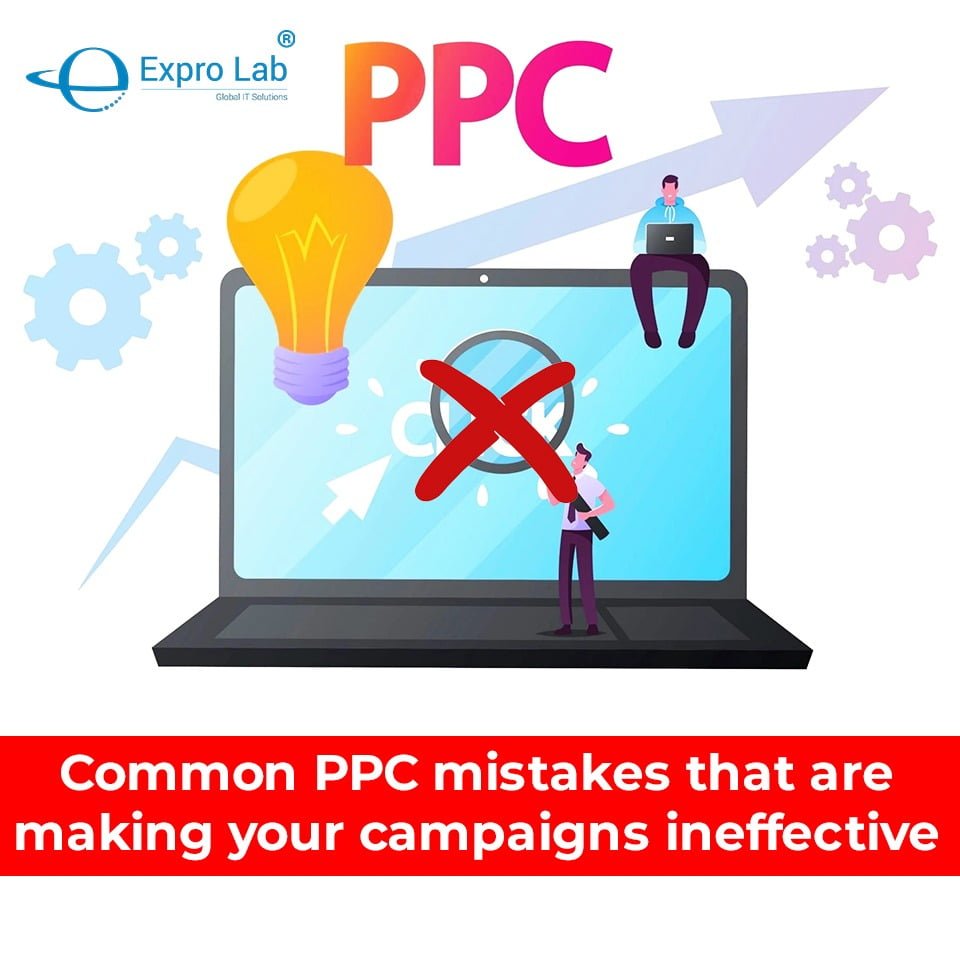If you’re wondering why you need to rank your business on Google, the simplest answer is – that’s where people are looking!
We live in an era where people want to Google it all. Whether they’re looking for information, products, or services, users want to type a few loose keywords in the search bar and be bombarded with dozens of results, because that’s the easiest way to go. If you’re seeking to achieve a strong foothold for a successful startup in the industry and get noticed, get yourself on Google!
In this blog, we shall understand how ranking on Google helps with improving your online presence and customer acquisition for a successful start-up.
How Ranking on Google Will Transform Your Business into a Successful Start-up?
Here are some of the most impeccable ways in which ranking on Google can help you build a successful start-up.

You Win Credibility and Trust
Most users rely on search engines to deliver the most relevant and reliable results. Therefore, ranking high on Google SERPs can significantly contribute to establishing credibility and trust with potential customers. It conveys a sense of your legitimacy and authority to users. In turn, it will also help you attract a greater number of customers as they are more likely to engage with a brand they trust.
Your Brand Enjoys Increased Visibility
Start-ups need the most effort in increasing their visibility and getting noticed, and ranking high on Google search results is crucial for achieving this objective. Organic search results receive an overwhelming majority of clicks. In fact, studies suggest that the number one link in Google’s organic search results has an average CTR of 27.6%.
It Reflects Your Classy User Experience
As part of its algorithms, Google gives precedence to websites that provide a comfortable and efficient user experience. Mobile responsiveness, site speed, and user-friendly navigation are some of the vital elements that must be taken care of to attract and retain a large pool of customers.
In other words, ranking high on Google search results indicates that your website is delivering a satisfying user experience, which will likely encourage users to explore your website, return in the future, and also refer others to choose your products and services.
Your Website Receives Higher Quality Traffic

When you rank high on Google for targeted keywords and phrases, you drive more filtered or qualified traffic to your website. This pool of prospects typically consists of users searching for specific products or services related to your business and are more likely to convert into loyal customers. Consequently, you get higher conversion rates and increased sales, which are indeed a boon for a soon-to-be successful start-up.
It’s a Cost-Effective Way of Marketing
Optimizing your website to rank high on Google search results is a cost-effective marketing strategy. Unlike paid advertising, which requires continuous investment to maintain visibility, organic SEO efforts are long-term and generate consistent traffic. High search engine rankings can decrease your dependency on pay-per-click advertising and other costly marketing channels.
Additionally, organic traffic generated from high search engine rankings tends to have a better conversion rate than paid traffic.
It Gives You a Competitive Edge
In today’s highly competitive age, maintaining an edge over your competition is imperative. Ranking high on Google search results naturally places you ahead of your competitors who rank lower. Potential customers are more likely to click on your website rather than scroll through pages of results to find a competitor. Having a higher Google ranking significantly increases the chances of customers opting for your products or services over competitors, thus directly influencing your market share.
In a Nutshell
Regardless of whether you’re running a start-up or a large-scale enterprise, excelling at SEO has become an indispensable part of a business’s success. Ranking high on Google search results has become a vital aspect of achieving long-term growth for a successful start-up, and there’s no other way around it.



